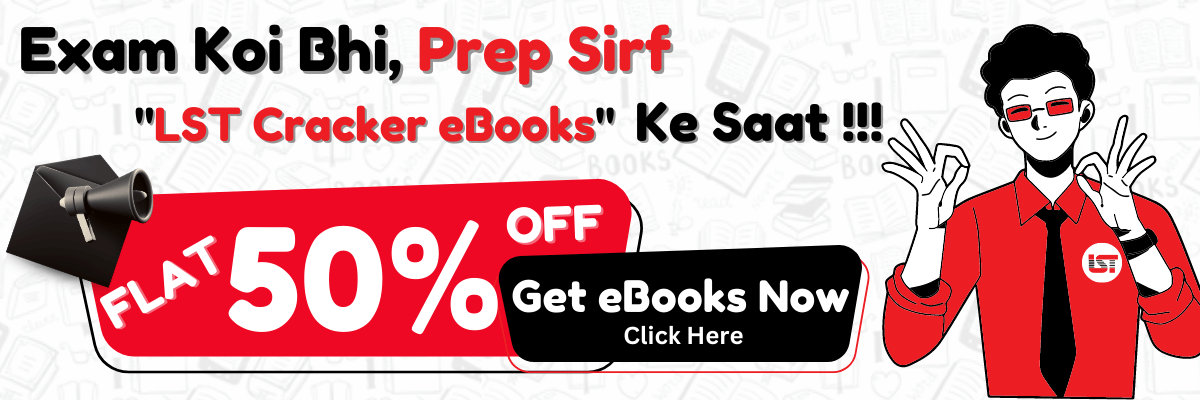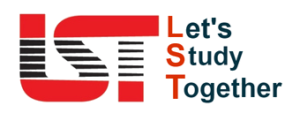Indian Polity Questions For UPSC, SSC CGL, CHSL, CPO
Hello Aspirants, As we all know that Polity Questions is a vital part of General Knowledge section for every competitive exam.So here, In this article, we will provide different Questions of Indian Polity.These Indian Polity Questions are important for UPSC, SSC CGL, SSC CHSL, SSC CPO, FCI, and Other state exams. You can attempt these questions & boost your preparation for your examination.
In the SSC exams, Polity Questions asked in the Tier-I as well as Tier-II exam.There are 8-10 Polity Questions asked in the Tier-II exam (SSC).You want to score more in the Polity section then you should practice more and more Polity questions.
These Polity Questions also important for SSC CHSL, SSC CPO, SSC MTS, FCI and other state exams.If you started preparing for the civil services exam and you don’t know How to get more marks in Polity then you should start practice of Polity questions from the below given quiz.
Indian Polity Questions Quiz-3
This “Indian Polity Questions and Answers” is also important for other state exams such as RAS, UPPSC, MPSC, SSC MTS, ASRB Exams and other competitive exams.
1. Who is custodian of the Indian Constitution?
A. President of India
B. Chief Justice of India
C. Prime Minister of India
D. Chairman of Rajya Sabha
2.Which of the following is an essential element of the state?
A. Sovereignty
B. Government
C. Territory
D. All of these
3. Which is the most important sys- tem in Democracy?
A. Social
B. Political
C. Economic
D. Governmental
4.Where do we find the ideals of Indian democracy in the Constitution?
A. The Preamble
B. Part III
C. Part IV
D. Part I
5.The phrase ‘equality before law’ used in Article-14 of Indian Constitution has been borrowed from:
A. U.S.A.
B. Germany
C. Britain
D. Greece
6.Who was the Chairman of the Constituent Assembly?
A. Dr B.R. Ambedkar
B. Dr Rajendra Prasad
C. Jawahar Lal Nehru
D. Vallabhbhai Patel
7.The mind and ideals of the fram- ers of Constitution are reflected in the:
A. Preamble
B. Fundamental Duties
C. Fundamental Rights
D. Directive Principles of State Policy
8.Which of the following is not a feature of Indian Constitution?
A. Parliamentary form of Government
B. Independence of Judiciary
C. Presidential form of Government
D. Federal Government
9.What is the basis of classification of governments as unitary and federal?
A. Relationship between legislature and executive
B. Relationship between executive and judiciary
C. Relationship between the Centre and States
D. Relationship between the legisla- tures, executive and judicial wings of government
10. Which was described by Dr B.R. Ambedkar as the ‘heart and soul’ of the Constitution?
A. Right to Equality
B. Right against Exploitation
C. Right to Constitutional Remedies
D. Right to Freedom of Religion
Current Affairs PDF 2021– Download Ebooks
Try Attempt Daily Current affairs 2021 Quizzes on the latest current affairs questions and answers, this Daily Current Affairs 2021 resource yields the facts about the events of International Current affairs, National, Sports, Business, Banking Current Affairs 2021, and more which are Important for competitive exams as well as interviews.
Important Static GK PDF for SSC, Railway & Banking Exams 2021– Download Free
Attempt Free Mock Tests & Get Free eBooks









